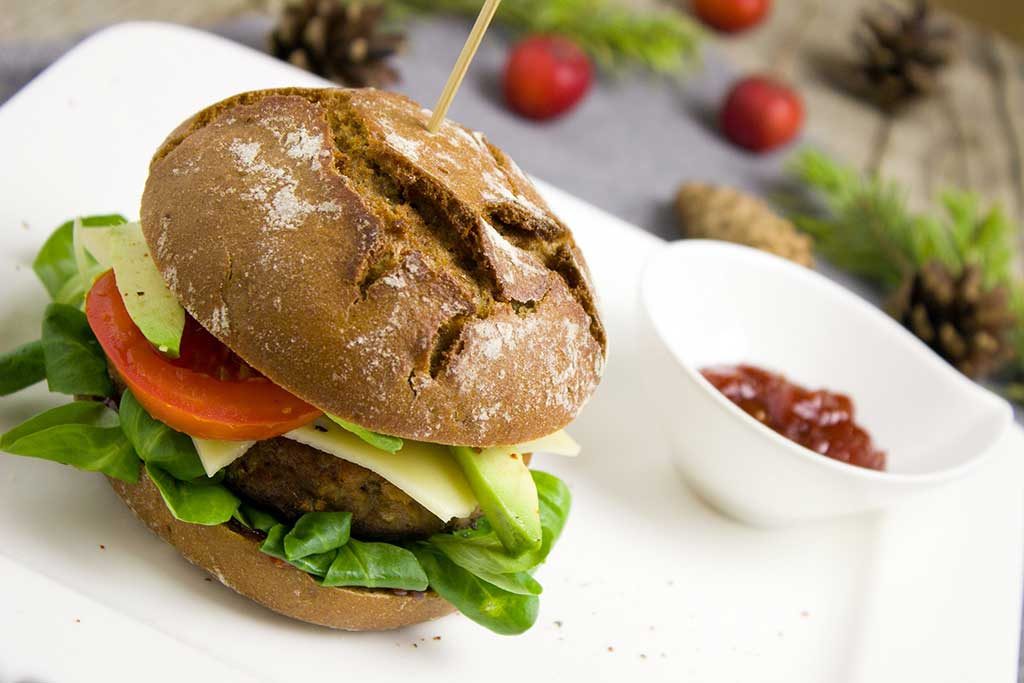6 Nutrition Truths and Myths about Food Exposed
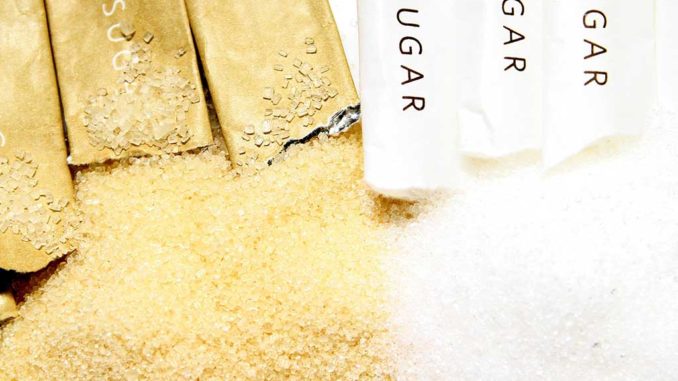
Myth #1-Cane sugar is better than white sugar – NO
Although scientists have proclaimed white sugar is one of the four “white deaths” the fact is that most people of all tastes loves sweet and just the retention from sweet food is one of the biggest problems when it comes to nutrition. As a healthier substitute, among other things, is cane sugar but is this really true?
It is true that it contains significant amounts of iron, zinc, and inulin, which feeds the good bacteria and protects the intestines. However, contains nearly equal amounts of fructose and glucose as refined white sugar. Cane sugar has a lower glycemic index (about 35), but this applies only to glucose, not fructose, which goes directly to the liver where is metabolized. Studies have shown that large amounts of fructose raise blood pressure, triglycerides and LDL (bad) cholesterol in the blood, consume vitamins and minerals, causing insulin resistance and obesity, and to significantly contribute to cardiovascular disease, liver disease, and even cancer.
If you cannot get without sweeteners instead of sugar, use Stevia.
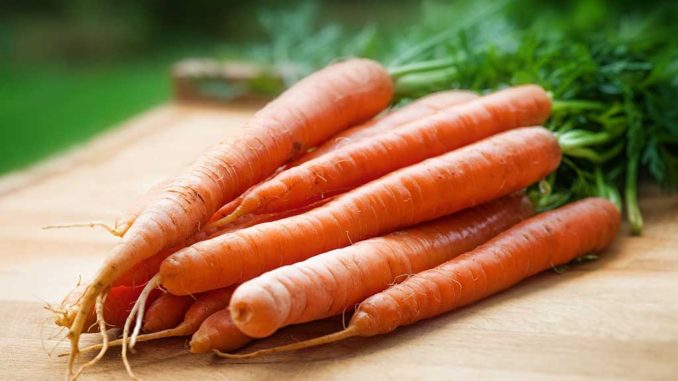
Myth #2-Raw carrot is healthier than cooked carrot – NO
It is constantly pointed out that for good health we need to eat as many fresh fruits and vegetables. However, when we talk about carrots, it looks like it has more benefits if we eat it cooked. For example, 100 grams of raw carrots contains 8,285 micrograms beta-carotene, 3,477 micrograms alpha- carotene and 256 micrograms lutein and zeaxanthin. On the other hand, cooked carrots contain 8,332 micrograms beta-carotene, 3,776 micrograms alpha- carotene and even 687 micrograms lutein and zeaxanthin. So, when the carrots are cooked the amount of these important antioxidants increases and they are also easier to absorb. Unfortunately, during the thermal treatment of this food 50 percent of vitamin C is lost. That is why it is important to know how to cook carrots. If you cook the whole carrot, this will save a lot more nutrients than if they are chopped. It is important to know also that for the absorption of carotenoids combination with fats is essential, that is why you should always eat carrots with the addition of unrefined oil, preferably olive oil.
Carrots actually contain provitamin A, because the “real” vitamin A is found only in the products of animal origin.
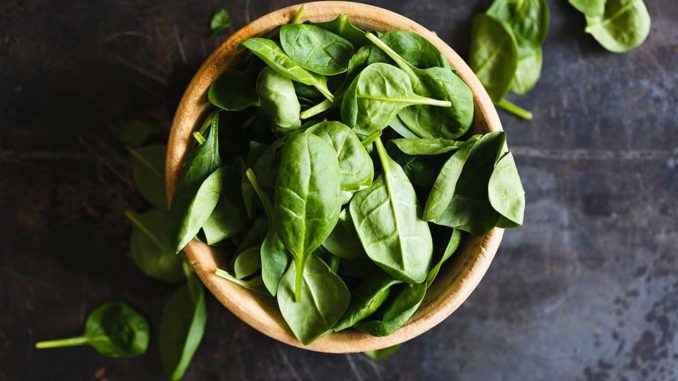
Myth #3-Dishes containing spinach should be eaten immediately after preparation – Yes
This claim is really true. Specifically, spinach and other leafy vegetables contain a high percentage of nitrates, whose amount depends on the type and conditions in which the vegetables were grown. Nitrates are actually completely harmless, but can be converted into nitrites and then into nitrosamines, a substance that can cause cancer. Enzymes containing bacteria convert nitrate to nitrite, which occurs particularly after heat-treated spinach then stored, then re-heated again. Nitrites reduce the ability of blood to transport oxygen by changing hemoglobin in methemoglobin, a protein that cannot transfer the oxygen. If you have not already eaten up the entire amount of spinach that you have prepared, as soon as it cools down and keeps in the fridge at a temperature of fewer than five degrees.
If you suffer from hypothyroidism, be sure to cook spinach because in this process the goitrogens are destroyed, which prevents the absorption of iodine.
Related: Spinach salad recipes
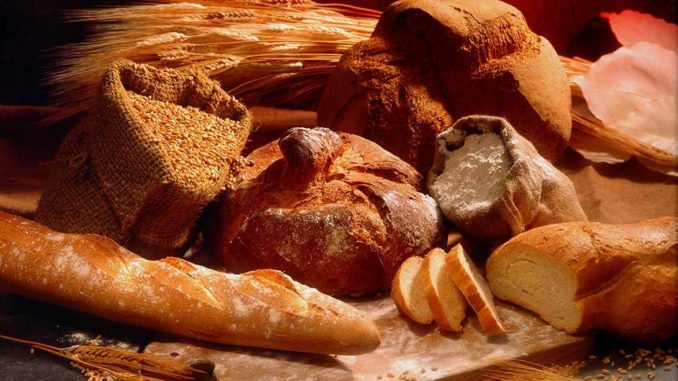
Myth #4-If we avoid gluten, we will be healthier – NO
Mass expulsion of gluten from the diet and putting it on the food black list, in general, is not as good as you think. People who are allergic or intolerant to this protein should certainly avoid it. For people who sufferer of celiac disease that is the only therapy. However, does it make sense for a healthy person to avoid gluten completely? Gluten itself has no special benefits to health or grains that contain gluten have. Wheat, rye, and barley are rich in minerals, especially iron, and B-vitamins, and contain lots of fiber. Studies indicate that whole grains play an important role in cardiovascular disease, diabetes prevention, and cancer.
If the product is called “gluten-free” does not mean it is healthy. Many of them are rich in unhealthy fats and contain a high percentage of calories.
Related: 5 Delicious Healthy Bread Recipes
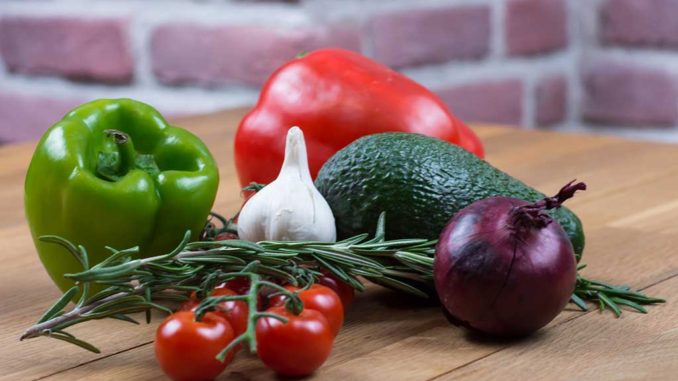
Myth #5-Vegans need essential supplements – Yes
While vegans are convinced that plants offer everything that our bodies need, doctors and nutritionists say the opposite. The truth is that this dietary regimen has many advantages, but there are also disadvantages, which is primarily related to a lack of vitamin B12, and calcium, iron, and zinc, which plants contain all these supplements. However, these vitamins and minerals are much better absorbed from animal foods, although those who like eating plant-based food will not really agree. In any case, before making any drastic changes in diet (as well as during its implementation) you should control your blood and health. If it is found that you lack vitamins or minerals, the doctor will prescribe appropriate supplements.
You should never take supplements on your own before previously checking the general state of your body because excess minerals and vitamins can cause serious health damages.
Related: Grilled Veggie Sandwich Recipe
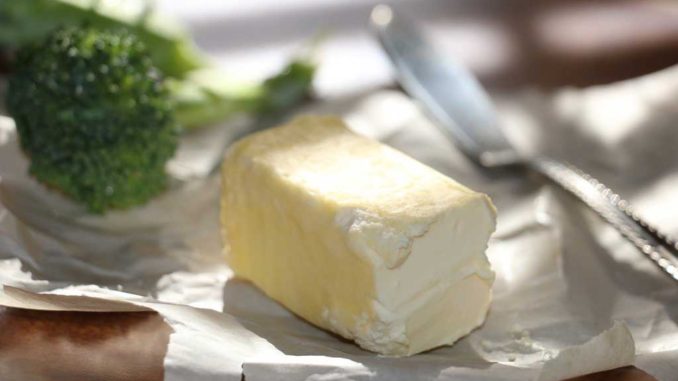
Myth #6-Is butter really healthy? – Yes
The controversy margarine vs. butter that experts run for decades seems to have no end. Butter has long been blacklisted because it contains cholesterol and high amounts of saturated fats. However, recent research results show that the consumption of saturated fats from butter, in fact, improves lipid levels, because they, although can raise levels of bad (LDL) cholesterol, which is believed to cause cardiovascular disease, also can increase good (HDL) cholesterol, which protects the cardiovascular system by removing cholesterol from the walls of the arteries and bringing it back to the liver for its processing. Removal of fat from the walls of blood vessels can prevent atherosclerosis and reduce the risk of heart attack or stroke.
Butter is not only advisable for people with primary hypercholesterolemia and children allergic to cow’s milk proteins.

